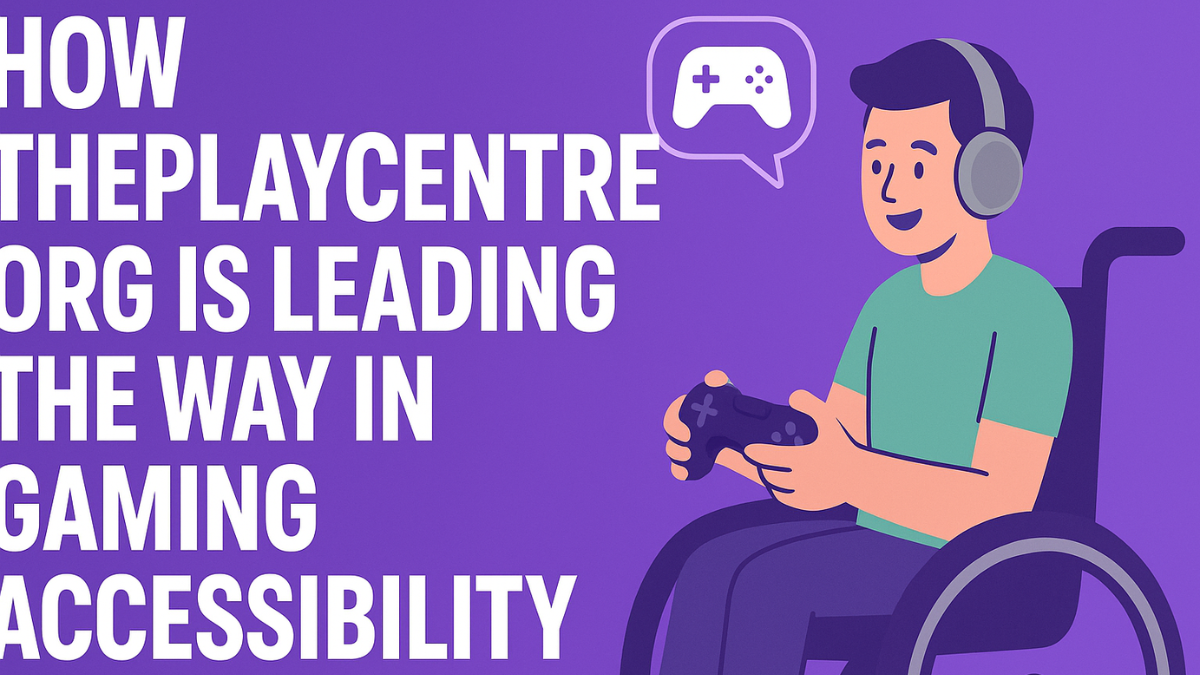How to Improve Mental Health Naturally
In today’s fast-paced world, taking care of our mental health is just as important as caring for our physical health. Many people struggle with stress, anxiety, and emotional ups and downs due to busy lifestyles, financial challenges, social pressure, or even technology overload. While medical treatments and therapy can be essential for some, there are also many natural ways to strengthen your mental well-being.
Improving mental health naturally doesn’t mean making huge changes overnight. Instead, it’s about building simple, healthy habits that support your mind, body, and emotions. Let’s explore natural and effective ways to boost mental health without relying heavily on medication.
1. Prioritize Quality Sleep
Sleep is one of the most powerful tools for improving mental health. Lack of rest can lead to irritability, low mood, poor concentration, and even increased anxiety. Adults generally need 7–9 hours of good sleep every night.
Tips for better sleep naturally:
- Go to bed and wake up at the same time daily.
- Avoid screens at least an hour before bed.
- Create a calming bedtime routine (reading, light stretching, or meditation).
- Keep your bedroom cool, dark, and quiet.
When you prioritize rest, your brain has the chance to recharge and manage stress more effectively.
2. Eat Nourishing Foods
What you eat affects your brain just as much as your body. Processed foods, sugary snacks, and too much caffeine can make mood swings worse. On the other hand, a balanced diet fuels mental clarity and stability.
Foods that support mental health naturally:
- Omega-3 rich foods like salmon, walnuts, and flaxseeds (great for reducing anxiety and depression symptoms).
- Leafy greens (spinach, kale) packed with vitamins and minerals for brain function.
- Fruits and berries high in antioxidants that fight stress.
- Whole grains (brown rice, oats) to stabilize blood sugar and mood.
By nourishing your body, you give your mind the energy it needs to stay balanced and positive.
3. Move Your Body Daily
Exercise is not just about fitness or weight loss—it’s also a natural antidepressant. Physical activity triggers the release of endorphins, also known as “happy hormones,” which can instantly boost your mood and reduce stress.
You don’t need a gym membership to stay active. Simple activities like walking, dancing, yoga, or cycling can make a huge difference. Aim for at least 30 minutes of movement a day.
Extra benefit: Exercise also helps improve sleep and reduces the risk of long-term mental health struggles.
4. Practice Mindfulness and Meditation
Our minds are often full of worries about the past or future. Mindfulness helps bring our attention back to the present moment, which reduces stress and anxiety.
Ways to practice mindfulness naturally:
- Deep breathing exercises when feeling anxious.
- Guided meditation apps or simply sitting quietly for 10 minutes.
- Paying full attention to simple activities like eating or walking.
Over time, mindfulness helps train your brain to react calmly to stressful situations and improves overall emotional resilience.
5. Build Strong Social Connections
Humans are social beings, and isolation can harm mental health. Having meaningful conversations, supportive friends, or a strong family bond can provide comfort during stressful times.
If you’re struggling socially, start small. Reach out to one friend, join a local club, or even connect through online communities that share your interests. Positive relationships give a sense of belonging and reduce feelings of loneliness.
6. Limit Screen Time and Social Media
While technology connects us, it can also be overwhelming. Too much screen time, especially scrolling through social media, can create feelings of comparison, loneliness, and stress.
Healthy tech habits to improve mental health:
- Set time limits for apps.
- Avoid checking your phone right before bed.
- Spend more time in nature or with people face-to-face.
Detoxing from screens, even for a few hours daily, can refresh your mind.
7. Spend Time in Nature
Nature has a calming effect on the brain. Research shows that spending even 20 minutes outside daily can reduce stress, improve mood, and increase focus.
Go for a walk in the park, sit by a river, or simply enjoy fresh air in your garden. If you live in a busy city, even indoor plants or balcony gardening can create a sense of peace.
8. Express Yourself Creatively
Mental health often improves when we have a healthy outlet for emotions. Creative activities allow you to express feelings that may be difficult to put into words.
Try painting, journaling, playing music, or even cooking a new recipe. It doesn’t matter if you’re not an expert—what matters is the joy of self-expression. Creativity acts like therapy for the soul.
9. Practice Gratitude
Gratitude shifts your focus from what you lack to what you already have. This simple mindset change can naturally improve happiness and reduce negative thoughts.
Easy gratitude practices:
- Write three things you’re thankful for daily.
- Express appreciation to people in your life.
- Keep a gratitude journal.
Over time, this habit rewires your brain to see positivity in everyday situations.
10. Stay Hydrated and Avoid Harmful Substances
Drinking enough water keeps your body and mind functioning well. Dehydration can cause tiredness, irritability, and lack of focus.
At the same time, limiting alcohol, nicotine, and excessive caffeine helps protect mental health. These substances may give short-term relief but often worsen anxiety and stress in the long run.
11. Develop a Daily Routine
Having structure in your day gives a sense of stability, which is very helpful for mental well-being. It doesn’t have to be rigid—just a gentle schedule that balances work, rest, and self-care.
Example of a healthy daily routine:
- Morning walk or meditation.
- Balanced meals at regular times.
- Dedicated work/study hours.
- Leisure activities or hobbies.
- Sleep at a fixed time.
Consistency helps your brain feel safe and reduces unnecessary stress.
12. Seek Help When Needed
Improving mental health naturally doesn’t mean avoiding professional help. If feelings of sadness, anxiety, or stress feel overwhelming or constant, talking to a counselor or therapist can be life-changing. Natural practices are powerful, but sometimes extra support is essential.
Conclusion
Mental health is a journey, not a one-time fix. By making small, natural changes in your lifestyle—like sleeping well, eating nourishing foods, moving your body, practicing mindfulness, and connecting with others—you can build resilience and emotional balance.
Remember: it’s not about being perfect; it’s about progress. Every small step you take toward self-care helps strengthen your mental health in the long run.
FAQs About Improving Mental Health Naturally
1. Can natural methods replace therapy or medication?
Not always. Natural methods are powerful for prevention and maintenance, but if you’re struggling with severe depression or anxiety, professional help is still important.
2. How quickly can I see results from natural mental health practices?
It depends on the person and consistency. Some people feel calmer after a week of mindfulness or exercise, while others notice long-term changes after a few months.
3. Is exercise better than meditation for mental health?
Both are effective. Exercise boosts mood instantly through endorphins, while meditation reduces stress over time. Combining both gives the best results.
4. What is the easiest natural habit to start with?
Start small. Drinking enough water, taking short daily walks, or keeping a gratitude journal are easy first steps that make a noticeable difference.
5. How can I improve my mental health if I’m too busy?
Even busy people can fit in small habits. Take 5 minutes for deep breathing, stretch during breaks, walk instead of driving short distances, or use lunch breaks to step outside. Small actions add up.
news via inbox
Mail us for latest news and updates







